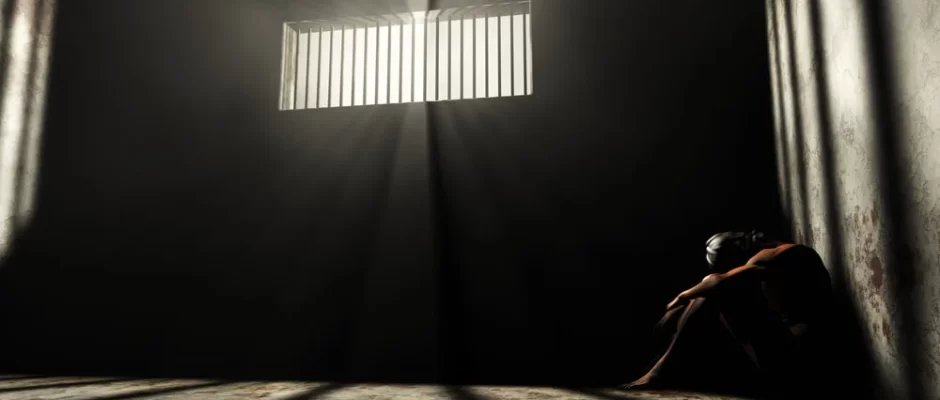Study Shows Solitary Confinement Used More on Those with Mental Illness

Solitary confinement is routinely used in prisons as a punishment for disciplinary violations and, as a result, a disproportionate number of mentally ill inmates are placed in solitary. According to a Department of Justice report, the Federal Bureau of Prisons uses solitary confinement for mentally ill inmates at a high rate and that these inmates don’t get the treatment they need. Inmates with mental illness tend to be held in isolation longer than other inmates in federal prison. The problems prevail in state prisons as well. In South Carolinait was found that inmates who suffered from a serious mental illness were more than twice as likely to be placed in solitary confinement.
The symptoms of mental illness are often seen as reasons to place an inmate in solitary. Suicidal threats and threats to other inmates are the most common reasons for placement in solitary confinement. Currently more than 4,000 inmateswith serious mental illness are in isolation. This number is likely on the low side given that many inmates with mental illness go undiagnosed and untreated. Inmates in isolation are held for 22 hours a day, often for 15 days or more.
Effects of Solitary Confinement
It is well known that the effects of solitary confinement can have a detrimental, and even deadly effect on anyone, especially inmates with mental illness. In a 2014 study, it was found that New York City prisoners placed in solitary confinement were 7 times more likely to engage in self-harm or suicide. While some inmates may be able to employ coping mechanisms while in isolation, those with mental illness often lack those skills and have more trouble adapting.
In addition, prison rules for isolated prisoners sometimes means that inmates with mental illness don’t receive the mental health services they require. The majority of inmates who spend extensive time in solitary confinement experience some symptoms of declining mental health, even those who were mentally healthy to begin with. This fact highlights the destructive nature of solitary confinement on mental health. Without treatment, solitary confinement only exacerbates the symptoms of mental illness.
If you or a loved one with a mental disability has been arrested or convicted of a crime, you need an experienced criminal defense attorney on your side. Elizabeth Kelley specializes in representing individuals with mental illnesses and intellectual and developmental disabilities. To schedule a consultation call (509) 991-7058.


